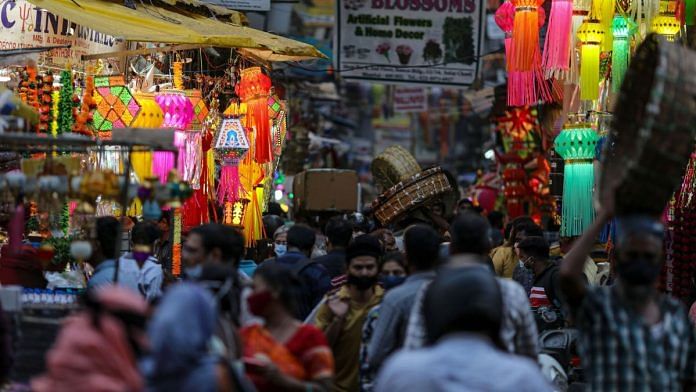India is home to many diversities. We speak different languages, celebrate different festivals, and follow different religions. However, eventually, we are doing the same thing in different manners. There are many things that define us, like the language we speak, what we eat and wear, our lifestyles, and the festivals we celebrate. These things are largely influenced by the geography and history of the place where we reside in.
If we observe closely, we’ll realize that we feel safer with people who dress, speak, and behave like us. This often results in us forming certain opinions and attitudes towards people who are different from us, in the form of stereotypes and prejudices.
Prejudice means judging other people or a social group negatively and considering them inferior. We may be prejudiced on the basis of our skin color, region, and religion. Stereotype means a fixed mindset towards a certain community or an individual, which might be positive or negative. There is a general conception that women are weaker than men physically. Such stereotypes maintain the status quo of gender-based discrimination.
Also read: I want to tell my 13-yr-old self — opposing patriarchy, casteism is what being ‘good’ means
Caste-based discrimination
A few years ago, in a Facebook post that is now deleted, poet and activist Meena Kandasamy encouraged upper-caste Indians to drop their surnames. These surnames, she said, have considerable caste capital loaded onto them, symbolising the holder’s privilege, and thereby reinforcing generations of inequality. Kandasamy wasn’t off the mark. Many surnames, like Sharma, Iyer, Gupta etc, are strong markers of upper-caste identity. She argued that if upper-caste Indians truly cared about equality, they would drop their surnames.
Castes in India are classified into four varnas namely Brahmins, Kshatriyas, Vaishyas, and Shudras, in descending order of hierarchy. In villages, everyone knows everybody’s castes too. With the surname, a person’s caste was recognized by the villagers that he stayed in, as people of the same caste tend to gather in the same area. However, matters get complicated when it comes to cities, as people migrate to cities from different villages, hence there’s a mix of different communities in the same locality, therefore it’s not easy to identify a person’s ‘root’ by looking at their surname or name.
People are socialised to adopt stereotypes from an early age with the influence of parents, teachers, and friends. It is always believed that one’s religion, caste, and language are better than that of the rest. People often respect only their sections rather than treating everyone equally. This near-blind belief in the superiority of one’s identity causes clashes between different people.
Also read: Indian women can have rights, but men must get the jobs, finds Pew study
Women and change of surnames
Most women in India change their surname after they get married, with their husband’s first name or surname. But do women really have to change their surname after marriage? Old traditions in India made it almost mandatory for women to change their surname. Society and families believe that when a woman changes her surname to that of her husband, the marriage is completely sealed. It acts as the sacred tie that makes the woman and her husband one. These types of blind beliefs further strengthen existing stereotypes. As times are changing women are choosing to retain their surname rather than changing it. Some men are taking their wife’s surname after getting married to fight against this traditional stereotype.
Kerala High court has ruled that the right to choose one’s name is a part of fundamental right of a citizen under Article 19 (1) and Article 21 of the Indian Constitution. There might be a chance of showing favouritism against certain persons during interviews. Keeping this in mind, the government commissioned a report suggesting that caste surnames or details giving out the religious or social background of the candidate should not be revealed at the time of the interview stage in civil services or any other services as it increases the chances of discrimination.
Gender Fair Language (GFL) aims at reducing stereotypes and discrimination. GFL is achieved through neutralization and feminization. Neutralization is achieved through removing male masculine forms of policemen or policewomen with gender-neutral words like police officer. Recently the BCCI made changes from batsmen to batters to achieve gender equality. I think through the example of GFL, we can take inspiration to achieve greater change in society by respecting other cultures and traditions.
The author is a student at Hansraj college, University of Delhi. Views are personal




